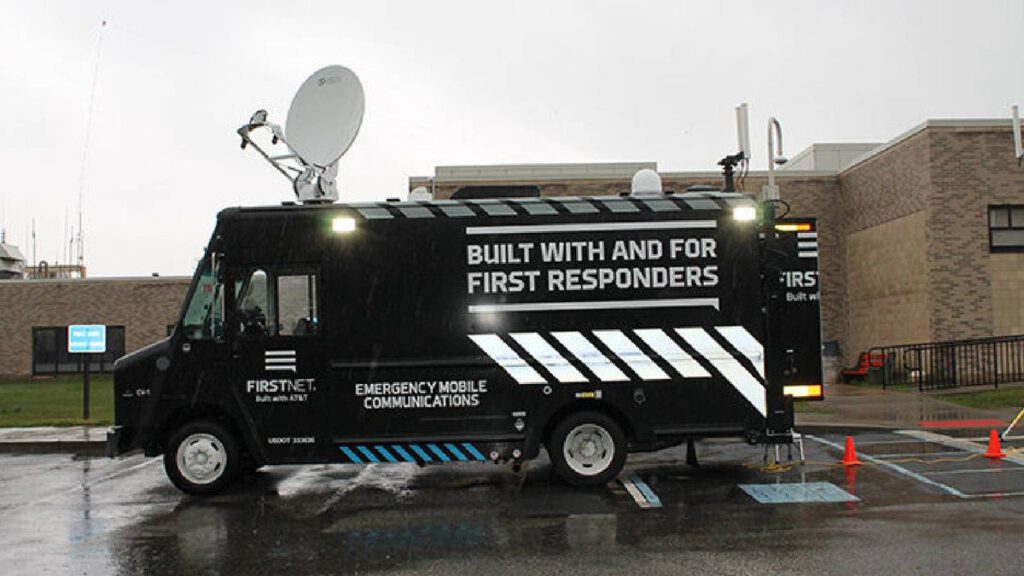In 2017, AT&T decided to work with the US government to build a dedicated network for emergency responders, called FirstNet. Federal regulators are now considering allocating more spectrum to FirstNet, but Verizon and T-Mobile are opposed.
Before FirstNet was built, emergency responders used the same wireless networks as everyone else, which meant that networks often became congested during crises, often impeding communications during emergency situations.
So the decision was made to build a network that prioritized firefighters, police, and emergency medical services, and AT&T was awarded the contract. The contract is for 25 years, and AT&T will invest $40 billion over the life of the contract. AT&T received $6.5 billion from the government, plus valuable airwaves.
The project was estimated to require a capital injection of as much as $47 billion over the first decade alone, so the decision was made to build a self-funded network that would generate revenue from subscription fees from emergency responders and the sale of excess capacity to AT&T’s commercial customers.
FirstNet wants more free spectrum, but Verizon is opposed.
AT&T and its allies are now hoping to secure more radio frequencies for FirstNet, and some public safety agencies are asking the Federal Communications Commission (FCC) to allocate the 4.9 GHz band. This band is considered for public safety, but can also be used for secondary purposes. Currently, the band is used by the Bay Area Rapid Transit and the New York Police Department, among others. Verizon and T-Mobile do not want to give the band to FirstNet. AT&T’s rivals believe the band would be a $14 billion gift to the company, giving it a competitive advantage. They also believe the band should be given to other carriers to bid on or offered to state and local governments.
Verizon and T-Mobile weren’t among the bidders when Congress decided to build FirstNet, but now they don’t want FirstNet, and essentially AT&T, to get 50 MHz of spectrum in the 4.9 GHz band for free because it will be available for commercial use when it’s not needed by emergency services.
AT&T argues that FirstNet is better equipped than government authorities to provide the services emergency responders need. The partnership has been viewed as a success, with the network providing connectivity to 6 million customers and providing a signal to local authorities during storms, wildfires and other disasters.
But concerns remain about whether AT&T is meeting the network coverage and device connectivity targets outlined in the contract, and various reports from the U.S. Department of Commerce’s Office of Inspector General (OIG) have also raised other questions, which Verizon argues are reason enough not to allocate more spectrum to FirstNet.

